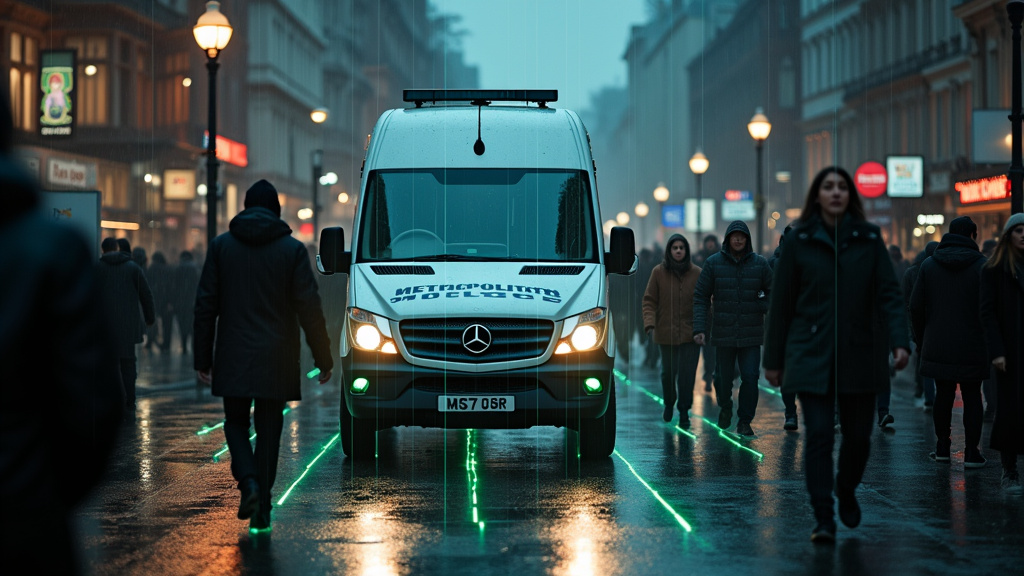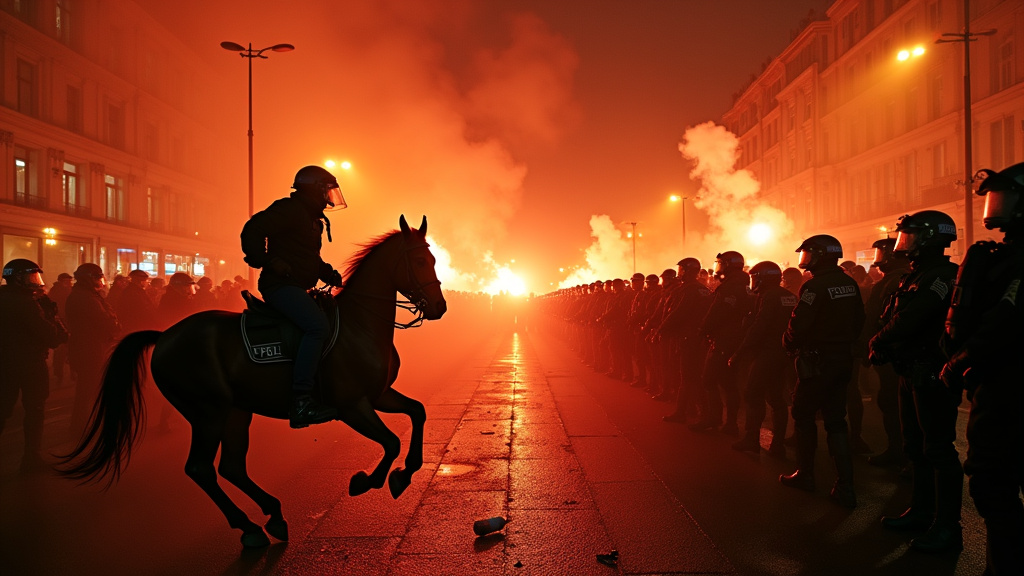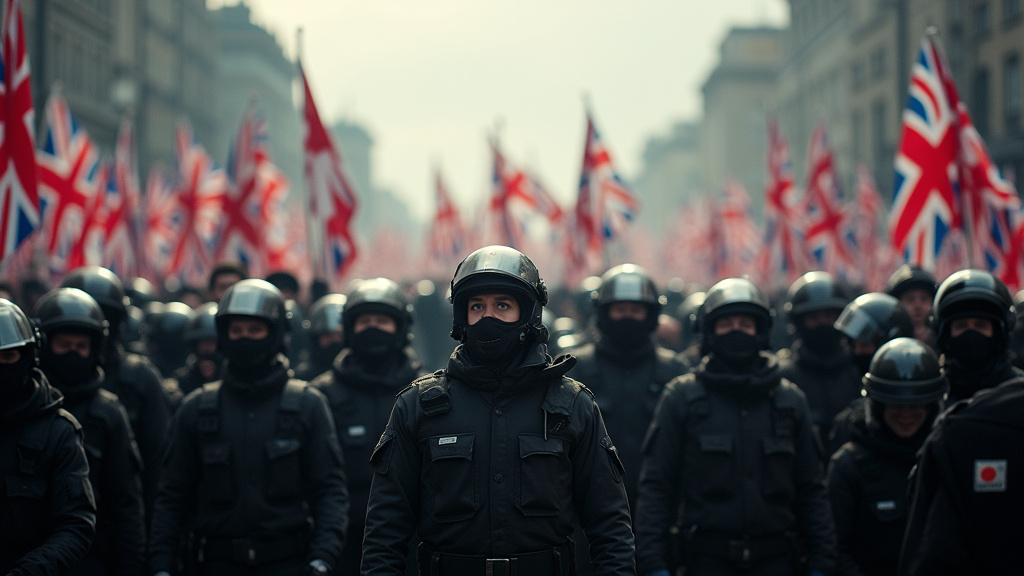The Metropolitan Police’s decision to more than double its use of live facial recognition (LFR) technology has ignited a fierce debate across the United Kingdom, drawing sharp criticism from civil liberties advocates and London Assembly members alike. This significant expansion in London comes as the Home Office announces plans to roll out LFR technology to seven more police forces nationwide, signaling an intensifying reliance on automated surveillance in public spaces.
The Met’s Stated Rationale and National Push
The Metropolitan Police asserts that the increased deployment of LFR is a crucial tool in apprehending criminals and enhancing policing efficiency. Over the past year, the Met reported 580 arrests in London using LFR for serious offenses, including rape, domestic abuse, and knife crime, with 52 registered sex offenders detained for breaching their conditions. Cumulatively, the force states that LFR has led to over 1,000 arrests to date, with 773 resulting in a charge or caution.
Lindsey Chiswick, the National Police Chiefs Council lead for facial recognition, champions the technology, stating it supports effective policing by enabling officers to quickly and accurately locate suspects. The Home Office echoes this sentiment, with Home Secretary Yvette Cooper defending the national rollout of 10 new LFR vans to forces in Greater Manchester, West Yorkshire, Bedfordshire, Surrey, Sussex, Thames Valley, and Hampshire, as a “targeted” measure against high-harm offenders. This move is part of a broader government strategy to bolster neighborhood policing and increase officer presence in communities.
Mounting Concerns and the ‘Surveillance State’ Accusation
Despite police assurances, the expansion has been met with widespread apprehension. London Assembly members have urged the Met to re-evaluate LFR’s effectiveness before further implementation, questioning the technology’s cost-benefit given the significant resources invested. Critics, including prominent civil liberties groups, denounce the technology as “Orwellian surveillance” and a “significant expansion of the surveillance state,” raising profound concerns over privacy, civil liberties, and the potential for a “total surveillance society.”
Organizations such as Big Brother Watch and Liberty have consistently highlighted the absence of specific legislation governing police use of LFR, arguing that law enforcement currently operates within a “patchwork of existing laws.” This lack of a clear legal framework means that deployments often lack independent oversight and public accountability.
The Human Cost: Misidentification and Bias Concerns
A central point of contention in this trending news is the technology’s accuracy and potential for misidentification. The case of Shaun Thompson, an anti-knife crime community worker, has become a pivotal example. Thompson was wrongly identified as a suspect by LFR in London and subsequently detained and questioned, enduring demands for his fingerprints despite providing identification. He has since launched a High Court challenge against the Met, with the case set to be heard in January 2026, describing the system as “stop and search on steroids.”
While the National Physical Laboratory (NPL) conducted independent tests finding the algorithm used in the new vans to be accurate and without bias for ethnicity, age, or gender at the settings used by the police, other NPL findings suggest that the Met’s NeoFace system can be less accurate for women and people of color when deployed at certain settings. Critics worry that police forces may self-regulate these settings, potentially exacerbating discriminatory outcomes.
Legal Battles and the Call for Robust Safeguards
The Information Commissioner’s Office (ICO), the UK’s data protection watchdog, emphasizes that LFR technology does not operate in a “legal vacuum” and must comply with data protection laws, ensuring its use is lawful, fair, and proportionate. The ICO is actively engaging with police forces and is preparing to publish audit results on LFR use by South Wales and Gwent Police, underscoring the need for public trust and appropriate safeguards.
The Home Office has pledged to launch a consultation in autumn to help shape a new legal framework for LFR’s use, promising robust oversight and transparency. However, civil liberties groups, including Liberty, argue that legislation should be in place before further rollout, stating there is “no reasonable excuse to be putting even more cameras on our streets before the public have had their say.”
The Future of Public Surveillance
The expansion of live facial recognition, exemplified by the Met’s increased deployments and the national rollout, marks a pivotal moment in UK policing. The debate pits perceived crime-fighting effectiveness against fundamental civil liberties and privacy rights. As the technology becomes more pervasive, including its planned use at events like the Notting Hill Carnival, the clamor for clear, comprehensive, and legally sound regulations will only intensify. This ongoing tension between security and freedom remains a critical issue in the national discourse.





